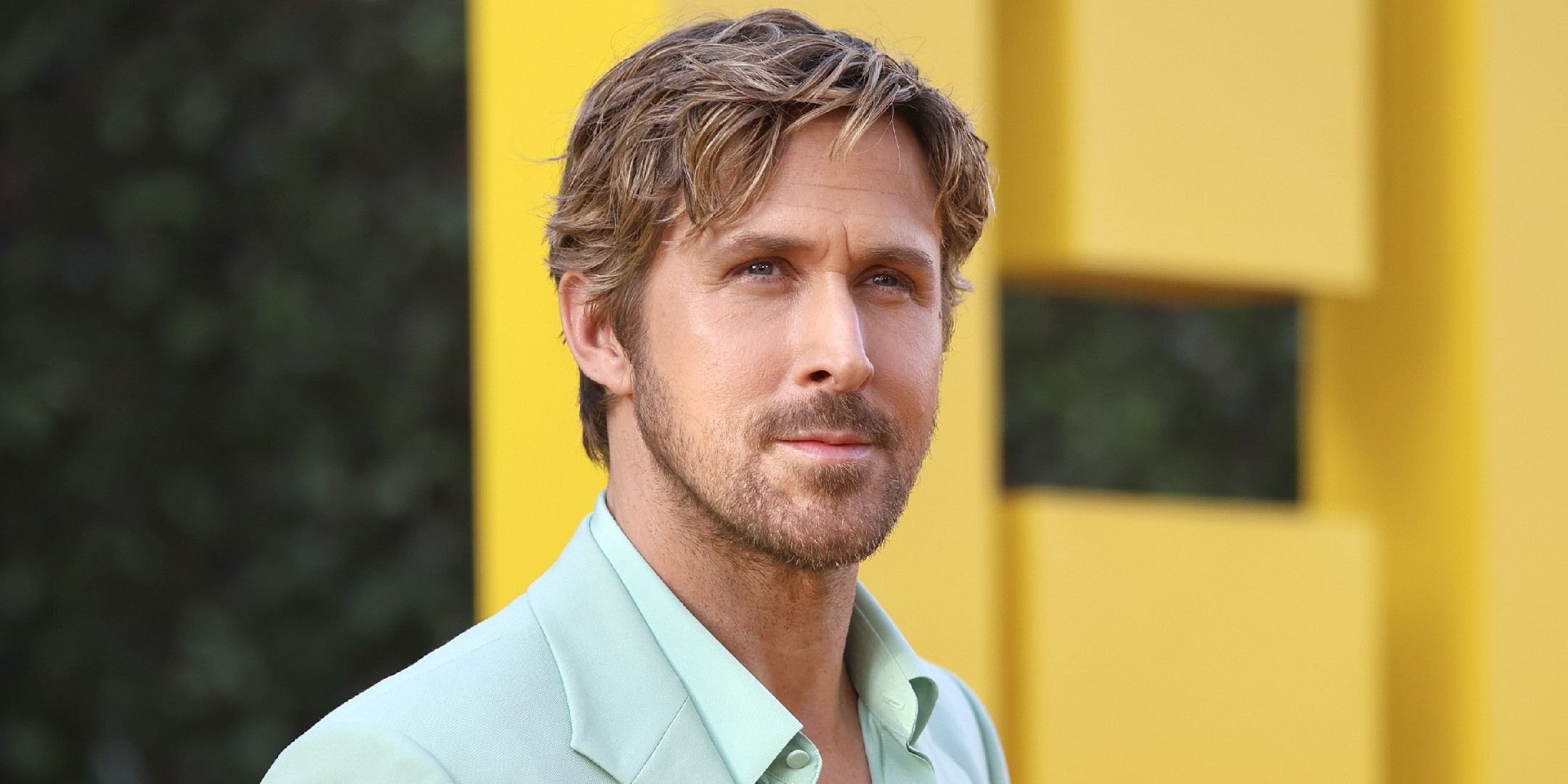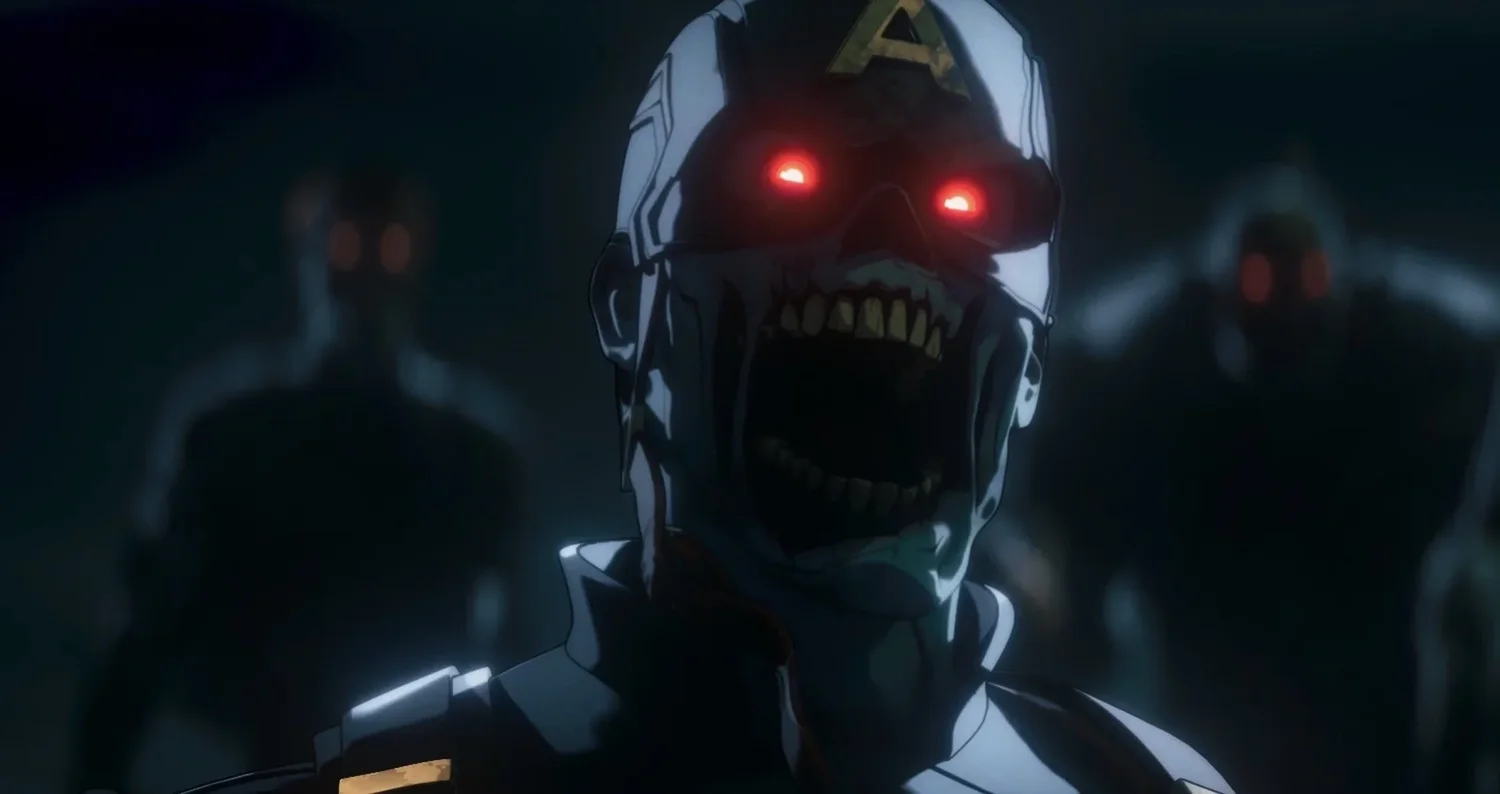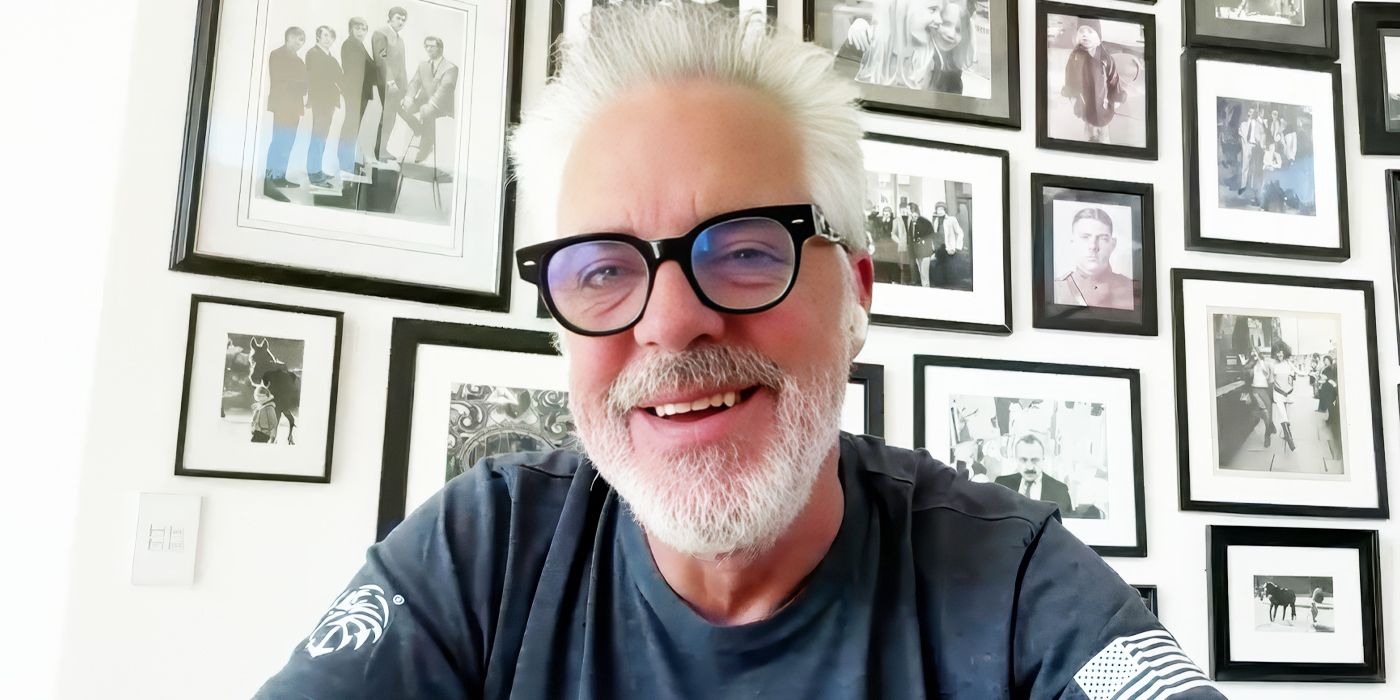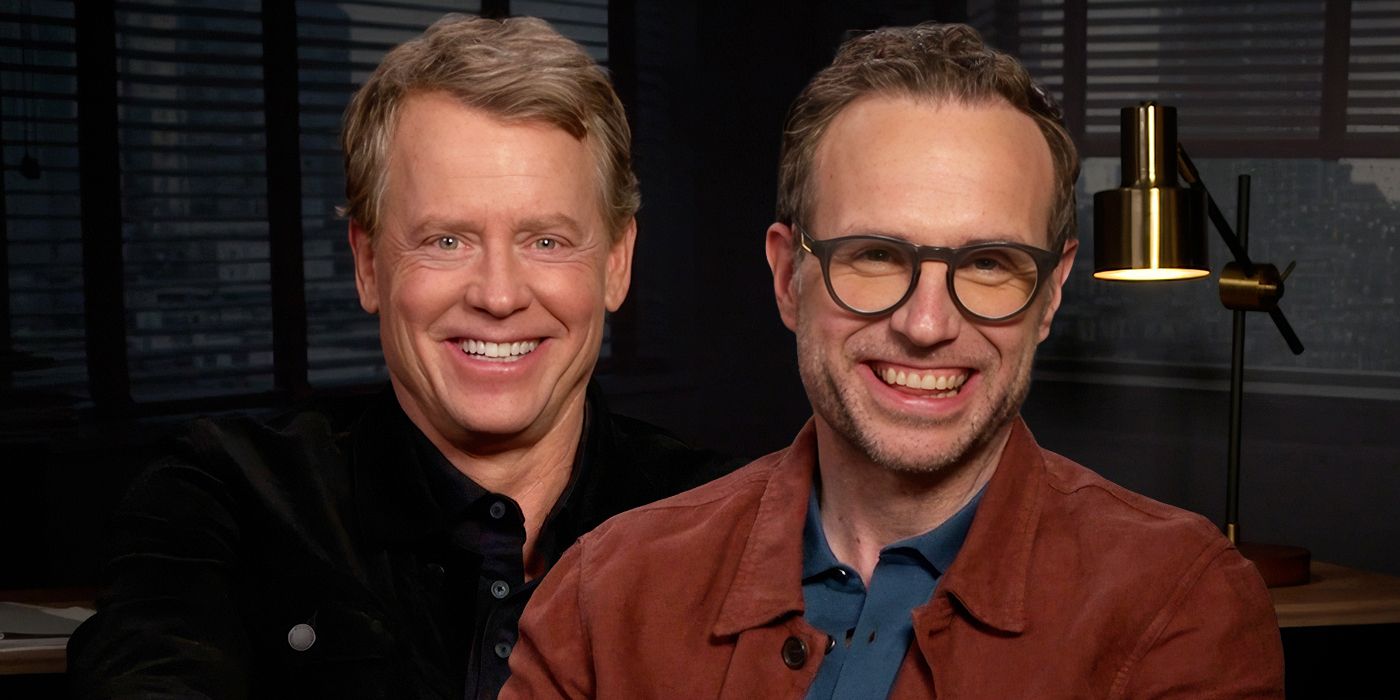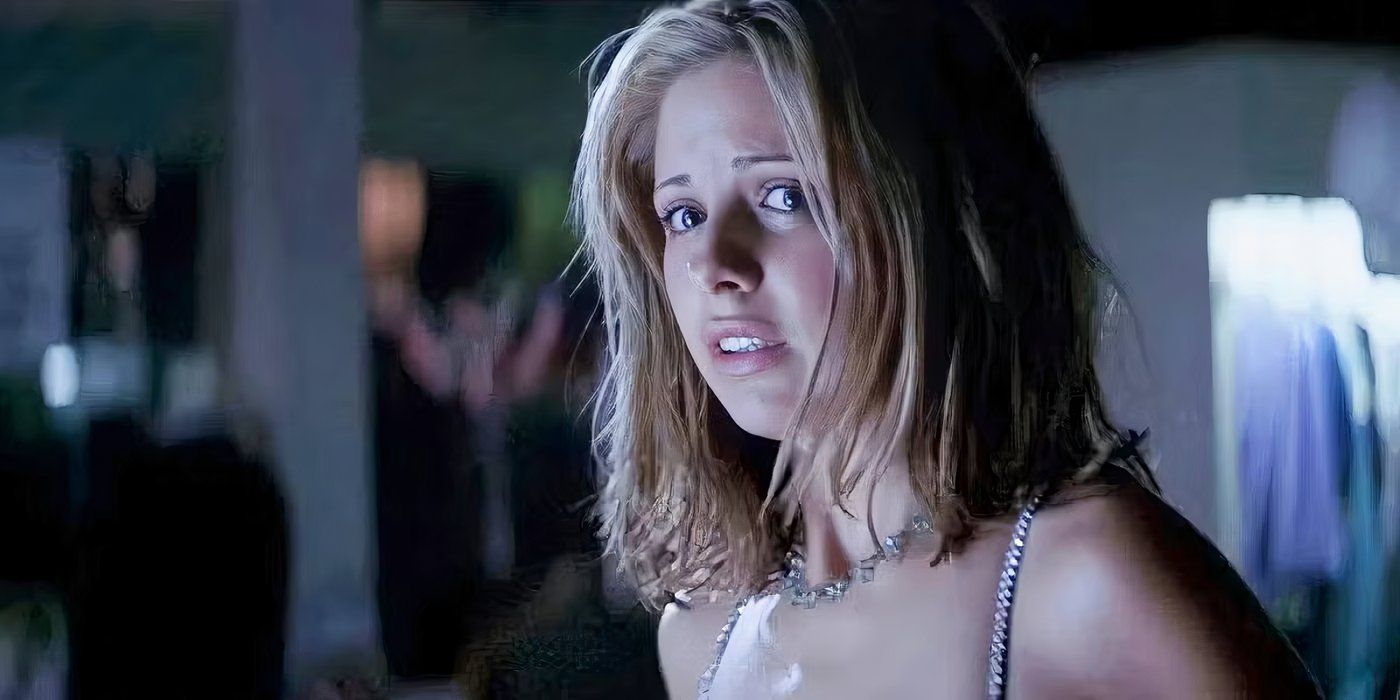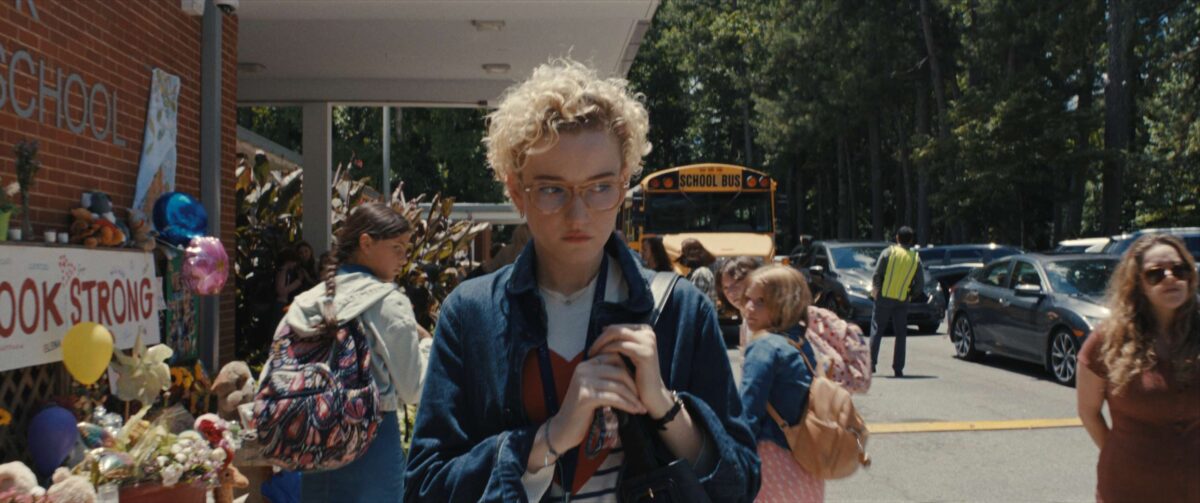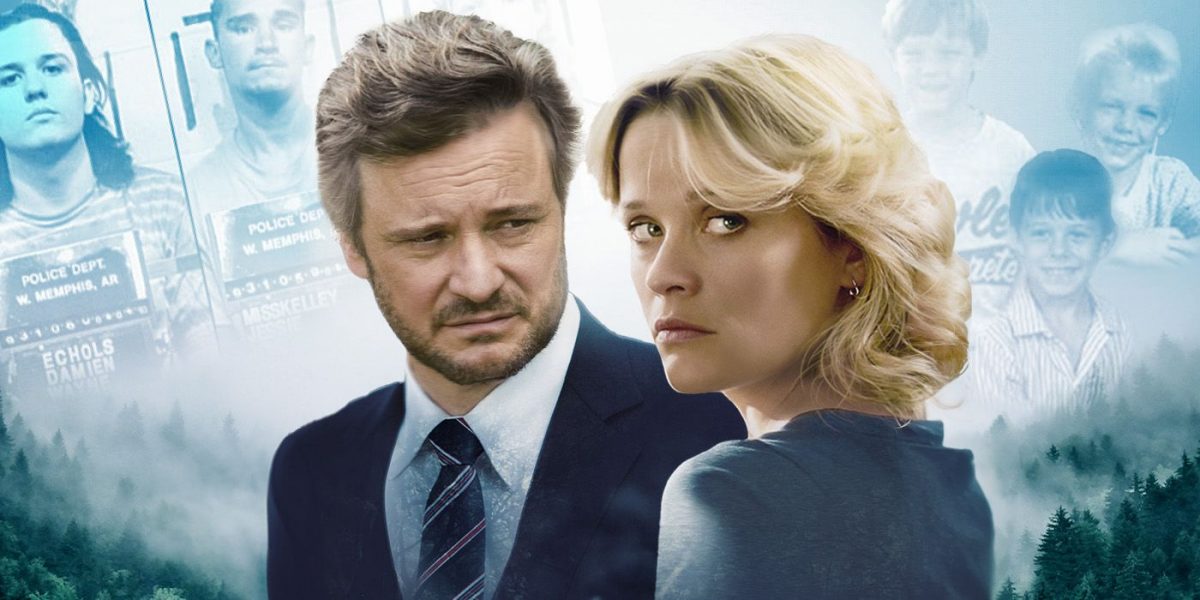
The Infamous Murder That Inspired 4 Great Documentaries and One Awful Movie
Dec 5, 2023
Editor’s Note: This article contains details that may be disturbing for some readers.
The Big Picture
The West Memphis Three case involved the brutal murders of three young boys and the controversial trial of three teenagers accused of the crime. The Paradise Lost trilogy of documentaries played a crucial role in shedding light on the injustices of the convictions and gaining support for the West Memphis Three’s release from prison. Peter Jackson also produced a documentary on the case called West of Memphis. The feature film Devil’s Knot failed to capture the depth and impact of the case, despite its star-studded cast of Reese Witherspoon and Colin Firth.
The year is 1993. The place, West Memphis, Arkansas. Three boys go missing and are later found dead, their bodies having been brutally savaged. Three teens would be arrested for the crime, and for the next 18 years, their case would go through accusations of Satanic rituals, jury misconduct, DNA admissibility, and poor handling of the crime scene by the police. The case drew a massive amount of attention from the likes of Johnny Depp, Steve Earle, and Metallica. It was so engaging that a number of high-quality documentaries were made about the case… and one godawful feature film, Devil’s Knot. The teens arrested would come to be known as the West Memphis Three, and these are the projects that delved deep into their story to varying degrees of success.
Devil’s Knot The savage murders of three young children sparks a controversial trial of three teenagers accused of killing the kids as part of a Satanic ritual. Release Date May 9, 2013 Director Atom Egoyan Cast Dane DeHaan, Reese Witherspoon, Colin Firth, Mireille Enos, Kevin Durand, Elias Koteas Rating NR Genres Biography, Crime, Documentary, Drama, Thriller
What Happened in West Memphis?
On May 5, 1993, three 8-year-old second-graders — Steven Branch, Michael Moore, and Christopher Byers — went missing. An exhaustive search would find the bodies of the boys the next day, left in a drainage ditch in Robin Hood Hills. They had been stripped naked, hogtied with their own shoelaces, with one of the boys’ genitals having been mutilated. Three teens would be charged with the crime: Damien Echols, Jason Baldwin, and Jessie Misskelley Jr.. Suspicion fell on Echols early, with one juvenile parole officer stating, “It looks like Damien Echols finally killed someone.”
The 18-year-old was a high school dropout with a lengthy arrest record and noted mental health issues. He had a penchant for wearing black, listening to Metallica, and an interest in Wicca. Baldwin was his best friend, and Misskelley was an acquaintance. It didn’t take long before Echols’ lifestyle fired up rumors about the three performing a Satanic ritual that involved killing the boys. Misskelley admitted to having seen Echols and Baldwin beat and rape two of the boys and castrate the other after 12 hours of police interrogation (without his parents and without the mental capacity to fully understand what was happening). Despite recanting the statement, the three didn’t stand a chance, with the whole town against them.
Misskelley was sentenced to life in prison, plus 40 years on one count of first-degree murder and two counts of second-degree. Both Echols and Baldwin were convicted of three counts of capital murder, with Baldwin sentenced to life without parole and Echols the death penalty. That’s when questions started being asked about the convictions. Was Misskelley’s confession coerced? Why were the three convicted despite the lack of physical evidence? How was the evidence collected, particularly blood samples? The defense continued to poke holes in the conviction, which brought the West Memphis Three to the attention of the celebrity world, which in turn led to even more interest in the case, all looking to have the three released from prison. In 2007, new forensic evidence from the defense led to the August 19, 2011 release of the three men back into society.
The Paradise Lost Trilogy Strongly Criticized the Verdict
The first documentary to turn a critical eye towards the conviction of the West Memphis Three came in 1996 with HBO’s Paradise Lost: The Child Murders at Robin Hood Hills, which was then followed up by two more films: Paradise Lost 2: Revelations and Paradise Lost 3: Purgatory. The purpose of filming the documentary initially had nothing to do with advocating for justice. As filmmaker Joe Berlinger divulged to The AV Club in a 2012 interview, “We thought we [Bruce Sinofsky] were making a film about disaffected youth, about kids who had done something rotten. Basically, we thought they were guilty because the local press reports coming out were very one-sided.” As they began shooting, the issues in the case came to the attention of Berlinger and Sinofsky, and as they dug deeper they came to believe that the three had been wrongfully charged, leading them to commit to making movies about the West Memphis Three until they were set free.
It was through the first film that the public learned about several key points that, until then, had not been disclosed. For example, the fact that Misskelley’s IQ of 72 could easily lead to the young man professing guilt when tired and under pressure. The documentary included footage from the trial as well, including Echols denying having taken part in human sacrifice. It also shows Echols trying his best to explain how his association with Wicca, the practice of paganism, and being a “witch” had nothing to do with Satan, in an environment where “everything that’s not Baptist is satanic.”
The Emmy-winning first installment was followed by the second in 1997, which documented Echol’s appeal of the death sentence while examining even more damning facets of the injustices found in the convictions. Paradise Lost 3: Purgatory, released in 2012, came five months after the release of the West Memphis Three, with footage of the trio entering Alford pleas before being set free (an Alford plea, in essence, is admitting that while evidence exists for a guilty verdict, the party is innocent of the crime, absolving the judicial body of responsibility). The trilogy, which Collider’s Britta Devore argues is the true crime genre’s best, was instrumental in drumming up support for the West Memphis Three, and their eventual release from prison.
‘West of Memphis’ Makes a Powerful Statement of Innocence
Image via Sony Pictures Classics
2012 also saw the release of another powerful documentary about the trial called West of Memphis, directed by Amy Berg and produced by none other than Peter Jackson. Like the Paradise Lost trilogy, the film tells the story of the case but goes a step further by being actively involved in the legal proceedings. Upon watching Paradise Lost, Jackson sought to help, personally funding forensic tests and contributing tactile efforts in tracing witnesses and more. When the door closed on new evidence being allowed in the case, Jackson, who initially wasn’t interested in making a film, came to see that a documentary would be more likely to bring about change.
He hired Berg to direct the film, and she too immersed herself in the facts of the case, coming to share Jackson’s view of the miscarriage of justice for the West Memphis Three. As a result, West of Memphis became another powerful tool for the defense, retelling the events but introducing new evidence, including prosecution witnesses recanting their stories, animal experts testifying that turtles caused the wounds from the “Satanic ritual,” DNA tests that found no evidence of the West Memphis Three being involved, and even introducing another possible suspect in the crimes.
‘The Forgotten West Memphis Three’ Brings the Focus Back to the Victims
While the whole world seemed to be ecstatic that the West Memphis Three were finally granted freedom, there was another West Memphis Three that had largely been left by the wayside after the deluge of media coverage on the accused: the victims. It’s a wrong that Oxygen’s The Forgotten West Memphis Three sought to right with a two-episode series, hosted by former fire chief and host of the Truth and Justice podcast Bob Ruff. The series finds its roots in the fifth season of Ruff’s podcast, where his team and listeners worked on piecing together evidence with real-time updates, and an in-depth analysis of the case. As Ruff told E! News,
“A big part of the reason why this case is now going on 27 years unsolved [the series premiered in 2020], a proper investigation should be victim-centered. What I wanted to do was go back to the beginning, back to the victims, and give them a voice, give them justice, and do a proper evidence-based investigation that starts where it should have begun, which is with the victims.”
In many ways it’s disappointing that it took so long to bring that focus back on the boys, Cub Scouts who liked swimming, karate, and Teenage Mutant Ninja Turtles, but Ruff and Oxygen brought together a well-received documentary that does just that.
‘Devil’s Knot’ Does Knot Deliver
Devil’s Knot is, to date, the only feature film about the West Memphis Three murders, and with a cast that includes Reese Witherspoon, Colin Firth, and Bruce Greenwood, one would be forgiven for having high expectations of it. But in short, don’t. The 2013 crime drama, based on the (much better) book of the same name by Mara Leveritt, opened to decidedly mixed reviews. Despite its dynamite leads and a director in Atom Egoyan, a man with a flair for smart, distinctive films, Devil’s Knot is, ironically, almost too conventional — more made-for-TV than theatrical release. Where the film fails is in trying to capture everything, without making a statement about any of it. As a result, the characters don’t become developed enough to connect with, opportunities to make powerful statements about the dangerous effects of stereotyping, hysteria, and religious fervor are wasted, and the winning elements that the documentaries can’t provide, particularly in dramatizing moments like the agonizing search for the victims, are few and far between. The biggest problem with the film is that it is inevitably compared to documentaries, through which the public knows more about the case than the movie provides. True-crime films tend to do better if the public doesn’t know much about the crime, and/or brings something new to the table, and Devil’s Knot fails on both fronts. Long story short — if you’re interested in the West Memphis Three, stick with the documentaries.
West of Memphis is available to stream in the U.S. on Tubi.
Watch on Tubi
Publisher: Source link
Samara Weaving Is Perfectly Cast In An Energetic Thriller That Could’ve Benefitted From A Theatrical Run
Eenie Meanie is a thrilling action dramedy that is captivating from start to finish. With the film exploring intersections between various genres, it would be easy for it to get lost in the noise, but it manages to deliver a…
Aug 24, 2025
Riz Ahmed’s Tight New Thriller Proves That They Still Make Them Like They Used To
When Ash (Riz Ahmed) works, it’s like he’s from another time entirely, rarely prioritizing current technology. As a fixer based in New York City, Ash uses a relay phone service to stay in contact with his clients and conceal his…
Aug 24, 2025
An Infuriating Dramatized Story That Still Forgets the Actual Victim
If you were at all tuned into the news in 2007, or if you're an Italian living in Perugia, or if you are just interested in true crime, not much from The Twisted Tale of Amanda Knox will be that…
Aug 23, 2025
Weapons (2025) Review – This Is The Horror We’ve Been Waiting For
In Weapons, a small American town is shaken when a series of unsettling events begins to unfold, all seemingly connected to the mysterious disappearance of local children. As the community grapples with fear and suspicion, multiple lives intersect in unexpected…
Aug 23, 2025
